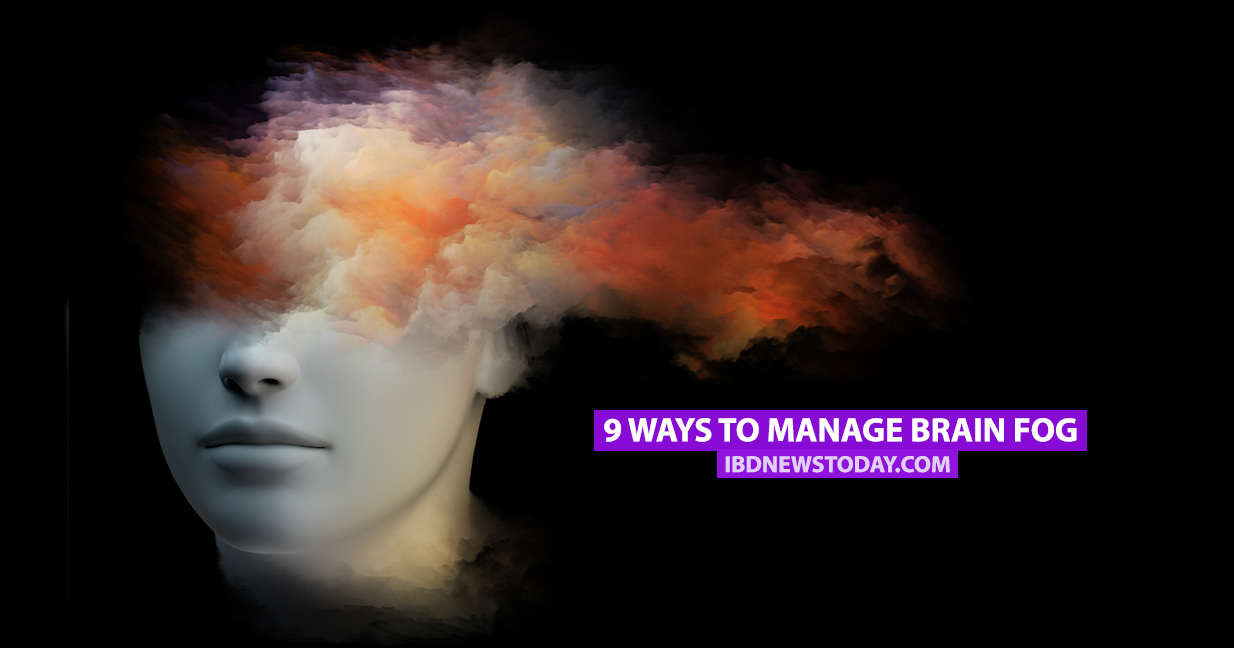One of the most frustrating symptoms of living with a chronic illness is brain fog. There are medications to treat many symptoms of chronic diseases, but sadly there isn’t yet a pill that takes away brain fog. However, there are ways to deal with it so patients can minimize its effects and lead a normal life.
We’ve put together a list of 10 ways to help manage brain fog, with help from princessinthetower.org, newlifeoutlook.com, and Web MD.
Write Things Down
Everyone forgets things now and then, but having brain fog often means forgetting important dates and occasions. Keep a to-do list and a calendar in a highly visible location, or use an online diary to keep track of what each day holds. There are many mobile apps that can also help with organization.
Exercise the Body
Exercise offers a chance to turn off from all the usual things that occupy the mind. It can also improve sleep, which can in turn improve cognitive skills.
Exercise the Mind
Take the time to do thought-challenging exercises like crossword, sudoku, and jigsaw puzzles, or learn a new language. In addition, maintaining a hobby will keep the mind focused on something positive.
MORE: Could eating soy help with IBD symptoms?
Pick the Right Time of Day
Whether a morning lark or night owl, we all have certain times when we feel more alert. Choose a time each day when your concentration is at its highest to tackle difficult and complex tasks.
Eat a Brain-Healthy Diet
Eat lots of good fats known for brain health such as nuts, avocados, coconut oil, and omega-3-rich foods.
Get Plenty of Rest
Quality sleep and restorative naps (when appropriate) can dramatically improve cognitive health. Try to keep to a routine bedtime and waking time, even on the weekend, to promote a good sleep pattern.
MORE: Vlogger shares her tips for living with ulcerative colitis
Go Easy on Yourself
Don’t overdo it. Ask for help when needed and try to rest as much as possible to conserve energy. Participate in calming activities like taking a stroll through a peaceful spot, reading a book, or listening to music.
Organize Your Home and Workspace
Reorganize your living and working space so that everything you need regularly is easily accessible. This can help conserve energy and provide peace of mind.
Plan Ahead
If brain fog is worse first thing in the morning, laying out clothes the night before will be one less thing to have to stress over in the morning. Sort meds into a daily medication box so you know when you’re up to date and can easily make sure you haven’t forgotten to take them (or don’t take them more than once).
MORE: What is a “spoonie”?
IBD News Today is strictly a news and information website about the disease. It does not provide medical advice, diagnosis or treatment. This content is not intended to be a substitute for professional medical advice, diagnosis, or treatment. Always seek the advice of your physician or another qualified health provider with any questions you may have regarding a medical condition. Never disregard professional medical advice or delay in seeking it because of something you have read on this website.


These would all be so VERY nice….but in reality…..a person with this disease still has to get up and go to work, (unless they are fortunate enough to have an understanding husband/wife or family that supports them, I don’t and never have) therefore, how do you fit all of this (rest, good food, plenty of water, having a hobby, meditation, naps and preparing food ahead of time) when I hardly have enough time to take a shower daily. I’m trying to keep a house, pool, child all up and myself. It’s all falling in on me after 40 years of trying. I’m tired and feel I’m not disabled enough to quit work but can’t afford to work part time. My SS disability would be more than what I bring home but getting approved and getting started is the problem. My doc. wants me to work because he says it’s routine and will keep me healthier, I disagree, I’m depressed all the time because I’m always fighting to keep up.
Hi Marcie, we are very sorry to hear that. Maybe joining support groups even just on Facebook will be helpful enough as there are other people who are going through what you are going through. Know that you are never alone in this and you have a community here with you as well. Sending positive vibes your way.
Along with avoiding the worst of one’s known “trigger foods,” there are non-drowsy antihistamines, Nootropics & safe CNS stimulants.
1) Choline (citacoline, alpha gpc);
2) the various racetams;
3) Ginseng;
4) modafanil (prescription req.);
5) tension tamer tea;
6) kava kava (axiolytic)
7) l-theanine (axiolytic)